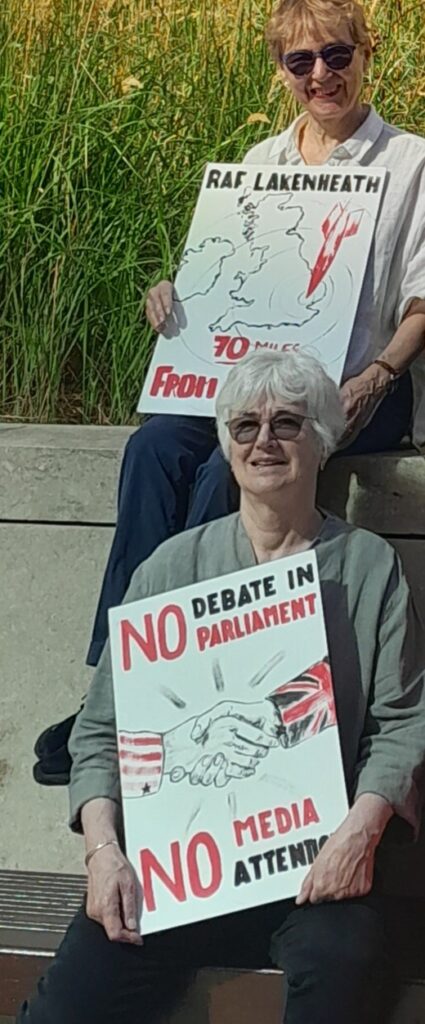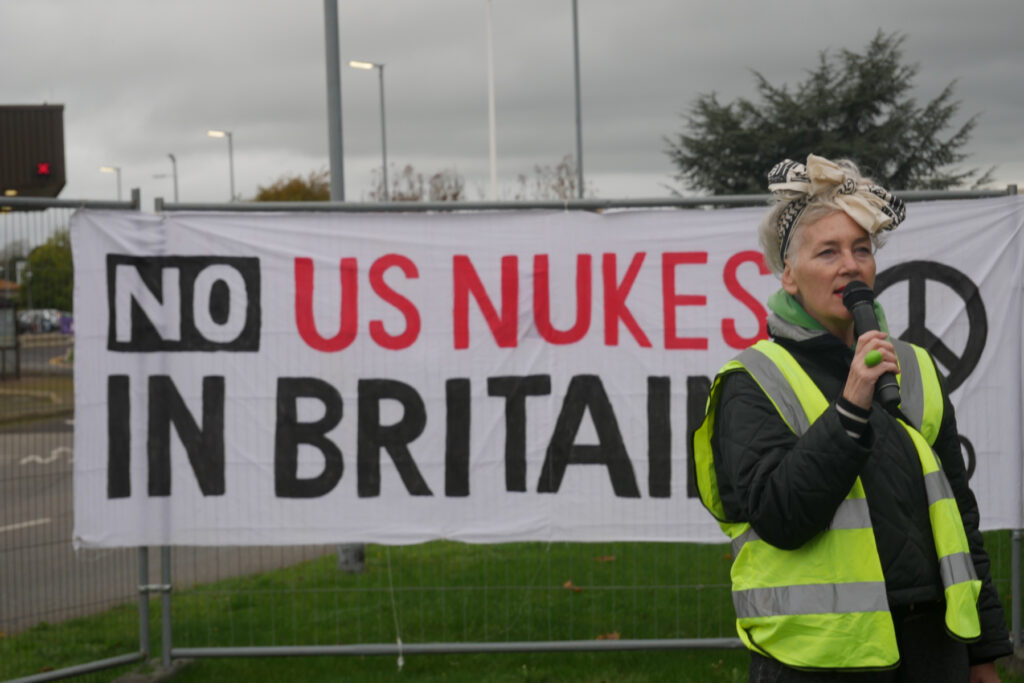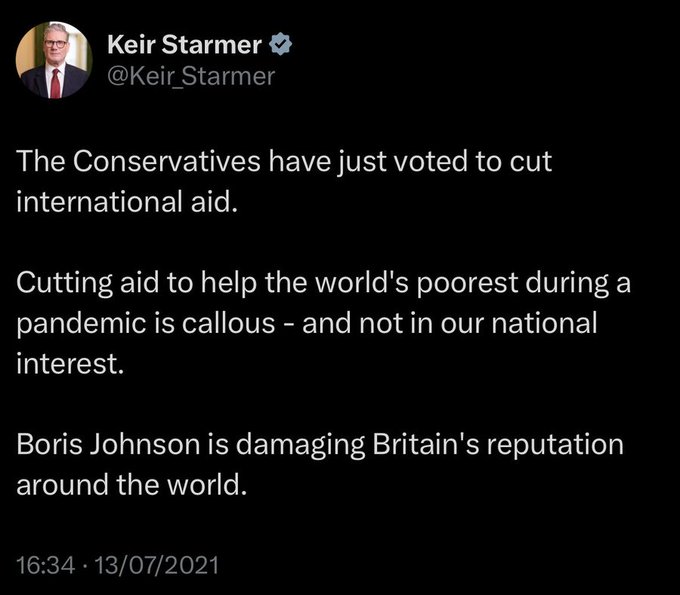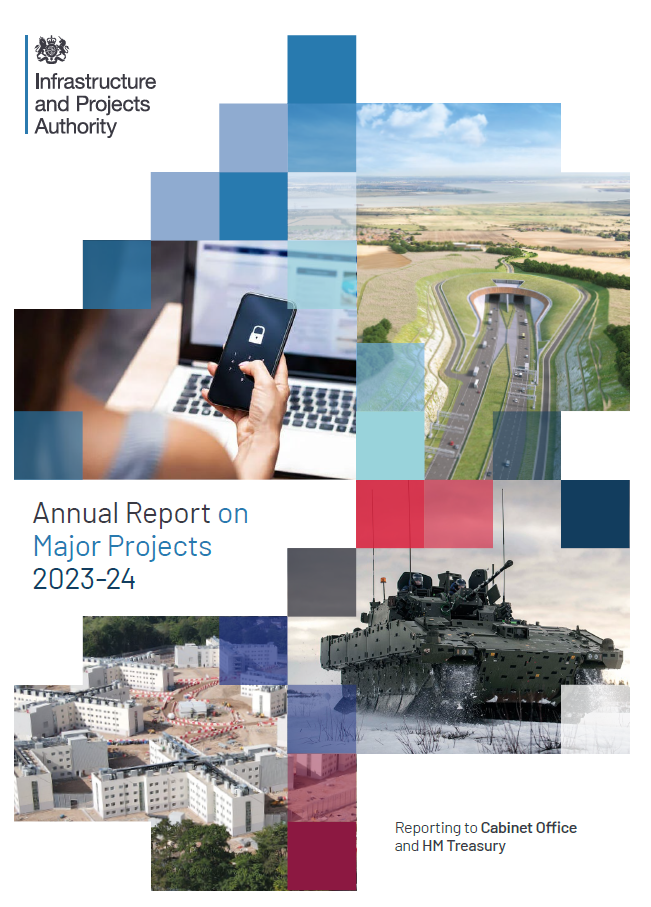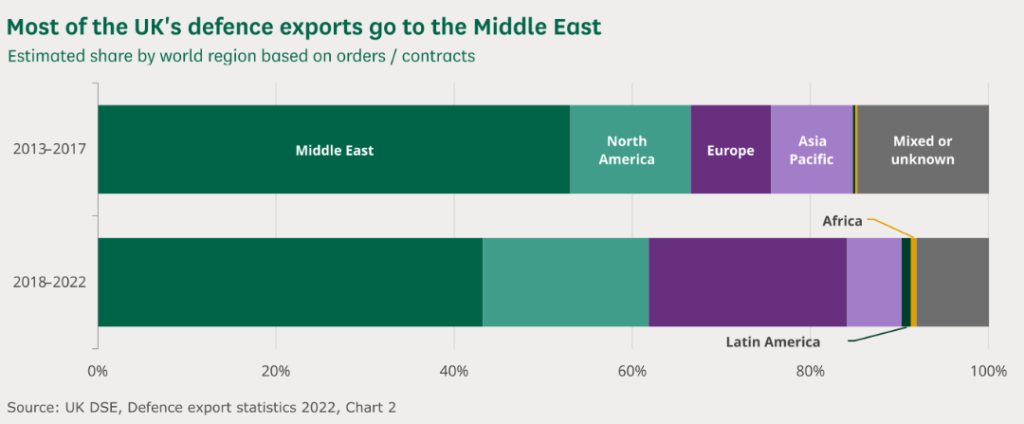
Christine Shawcroft peeps behind the curtain of democratically elected governments and asks whose interests are actually represented by cutting welfare to increase military spending.
In the golden olden days of the Daily Mirror under the leadership of Hugh Cudlipp, the paper used to specialise in front pages entirely consisting of huge black headlines saying things like, ‘Are we all bloody mad?’. One could be forgiven for thinking that they were several decades ahead of their time.
We no longer have even the shreds of a left-leaning daily press, the Mirror having been consumed by celebrity gossip long ago, and the Guardian having more recently completely capitulated to the British establishment. But if ever an independent media were needed to question the sanity of what is going on worldwide, that time is now.
It is being accepted as normal for multi-national corporations to run the world in their interests, having subverted democracy by the simple expedient of purchasing all the political parties. An American observer recently commented that the US is back in the 19th century, when there was no semblance of democracy and the country was run by the powerful.
Here in Europe, we seem to have been catapulted back into the feudal Middle Ages, when the peasants were kept in line by the aristocracy. We may have the appearance of democratically elected governments, but a close look at what they actually do shows that they certainly aren’t operating in the interests of those who elected them.
The Labour government’s welfare cuts in order to spend more on the military are a case in point. Wildly unpopular, with 71% of Labour members opposed to their measures, the government insists that military spending will benefit the economy and create jobs. And who told them this? Why, the arms manufacturers, of course. The same ones who gave them large donations in the run up to the general election.
Fortunately, we have research done for the Scottish government to back us up. Military spending does not create jobs. The armed forces can kill people more easily at a distance with drones; the role of boots on the ground is rapidly becoming obsolete. Spending on public services creates far more jobs than military spending, and spending on health services creates two and a half times more jobs. So clearly, although the government pretends their focus is on job creation (all the while making cuts which can only lead to job losses), clearly something else is going on.
Keir Starmer insists that the defence of the country has been run down, so he has to commit huge sums of money to national security. Europe is in danger of a Russian invasion, so we all have to spend more and more on weapons.
He seems to think that assuming a leadership role in this new Cold War will enable him to strut around the world stage like Winston Churchill. Yet NATO already vastly outspends the Russians on armaments. Our own country has enough nuclear weapons to destroy the planet five times over.
Add up all the nukes held by all the nuclear powers and there’s enough to destroy the solar system. If we really needed more military spending, we could fund it via a wealth tax, which even Tory voters back. But it is opposed by the wealthy.
Some of the wealthiest are arms firms CEOs. So, they make shedloads from government spending, then hang on to their sheds by lobbying the government party (to which they made huge donations) not to increase their taxes.
Are we all bloody mad?
This article first appeared in the May 2025 edition of Original Labour Briefing




